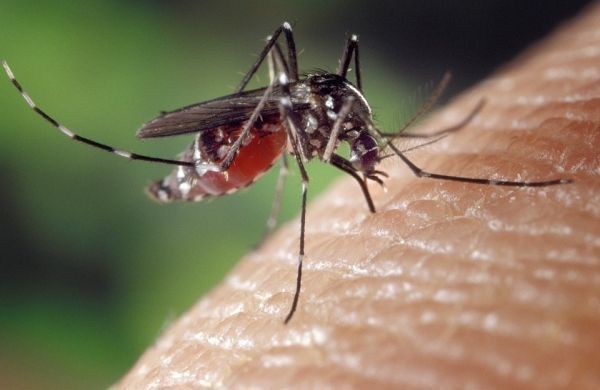A Yale-led team of researchers have created a vaccine that protects against malaria infection in mouse models, paving the way for the development of a human vaccine that works by targeting the specific protein that parasites use to evade the immune system. The study was published by Nature Communications.
Malaria is the second leading cause of infectious disease worldwide, and took more than a half million lives in 2013. To date, no completely effective vaccine exists, and infected individuals only develop partial immunity against disease symptoms. In a prior study, senior author Richard Bucala, M.D. described a unique protein produced by malaria parasites, Plasmodium macrophage migration inhibitory factor (PMIF), which suppresses memory T cells, the infection-fighting cells that respond to threats and protect the body against reinfection.
In the new study, Bucala and his co-authors collaborated with Novartis Vaccines, Inc. to test an RNA-based vaccine designed to target PMIF. First, using a strain of the malaria parasite with PMIF genetically deleted, they observed that mice infected with that strain developed memory T cells and showed stronger anti-parasite immunity.
Next, the research team used two mouse models of malaria to test the effectiveness of a vaccine using PMIF. One model had early-stage liver infection from parasites carried by mosquitos, and the other, a severe, late-stage blood infection. In both models, the vaccine protected against reinfection. As a final test, the researchers transferred memory T cells from the immunized mice to “naïve” mice never exposed to malaria. Those mice were also protected.
Read more at Yale University
Photo Credit: FotoshopTofs via Pixabay


